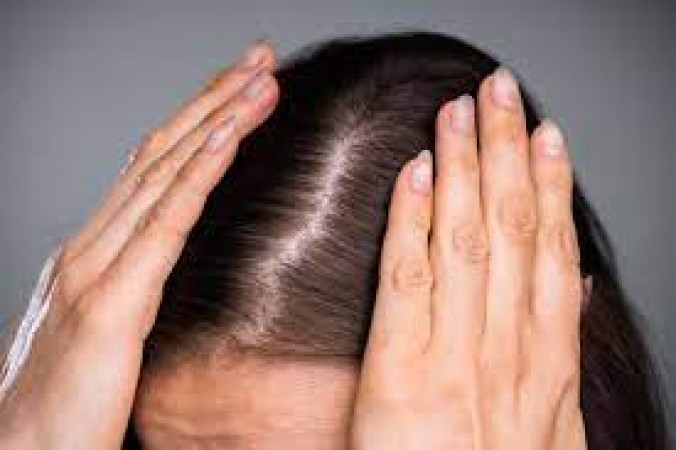
Hair thinning, a common concern for many, can stem from various factors, ranging from lifestyle choices to genetic predispositions. Understanding the underlying causes is crucial to devising an effective hair care routine that fosters thickness and vitality. Let's delve into the multifaceted world of hair care and explore strategies to combat thinning locks.
Some individuals inherit genes that make them more susceptible to hair thinning or baldness. Family history plays a significant role in determining one's predisposition to this condition.
Fluctuations in hormones, such as during pregnancy, menopause, or thyroid disorders, can contribute to hair thinning. Hormonal shifts affect hair growth cycles, leading to excessive shedding or decreased hair density.
Issues like dandruff, scalp psoriasis, or fungal infections can compromise hair health, resulting in thinning or hair loss if left untreated.
A diet lacking essential nutrients, particularly iron, zinc, vitamins D and B12, and protein, can impede hair growth and contribute to thinning strands.
Exposure to pollutants, harsh chemicals, UV radiation, and heat styling tools can weaken hair follicles, leading to thinning over time.
Opt for gentle, sulfate-free formulas enriched with nourishing ingredients like biotin, keratin, and argan oil to cleanse and fortify the hair without stripping its natural oils.
Regular scalp massages stimulate blood circulation, promoting nutrient delivery to the hair follicles and encouraging healthy growth. Incorporate essential oils like rosemary or peppermint for added nourishment and relaxation.
Prioritize a diet rich in lean proteins, fruits, vegetables, and whole grains to provide essential vitamins and minerals vital for hair health. Consider supplements under the guidance of a healthcare professional to address any nutritional deficiencies.
Stay adequately hydrated to support overall hair health and prevent dryness and brittleness, which can exacerbate thinning.
Practice stress-reducing techniques like meditation, yoga, or deep breathing exercises to mitigate cortisol levels, which can contribute to hair thinning.
Minimize heat styling and tight hairstyles that exert tension on the hair shaft, opting instead for loose braids, buns, or protective hairstyles to reduce breakage and thinning.
Trimming your hair every 6-8 weeks helps prevent split ends and breakage, preserving the overall health and thickness of your locks.
Consult a dermatologist or trichologist to assess your specific concerns and determine personalized treatment options, such as prescription medications or in-office procedures like PRP therapy or laser treatments.
Combatting hair thinning requires a comprehensive approach that addresses both internal and external factors influencing hair health. By adopting a nourishing hair care routine, prioritizing a balanced lifestyle, and seeking professional guidance when needed, you can restore thickness and vitality to your locks, empowering you to flaunt your mane with confidence.
Donald Trump Hit with 355 Million Fine and Business Ban in NY Fraud Trial
Atlas Tours and Travels: 35 Years of Excellence in Transforming Journeys
Visa and Mastercard Cease Business Payments via Cards Following RBI Directives